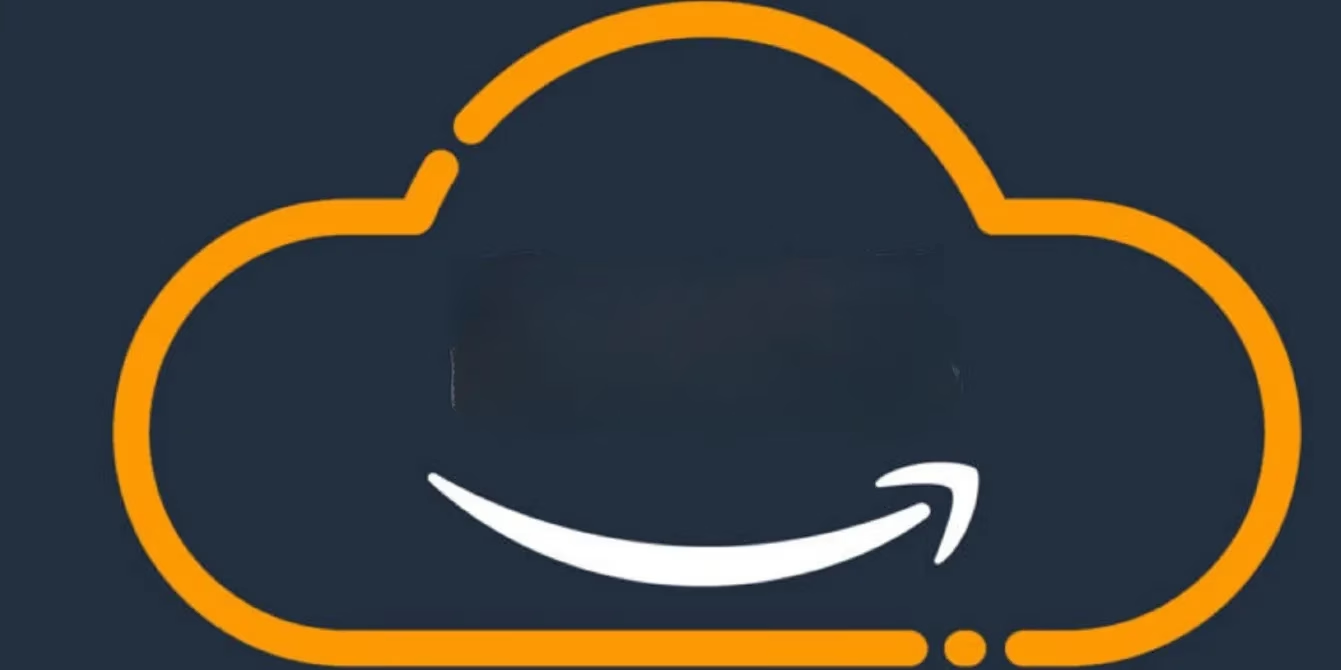Discover how Amazon's US-East server outage exposed our fragile digital infrastructure, impacting gaming, streaming, and smart devices—highlighting the need for diversification.
I still remember that chaotic Tuesday morning when everything just... stopped. One minute I was queueing for a Valorant match, the next I was staring at connection error messages. Little did I know, I'd become an unwilling participant in one of the biggest digital blackouts of 2021 - all thanks to Amazon's US-East servers collapsing like dominoes. The ripple effect was instantaneous and brutal: gaming platforms went dark, streaming services froze mid-scene, and even my smart lights decided to stage a rebellion. What shocked me most wasn't the outage itself, but how deeply Amazon's tentacles had woven into every corner of my digital life.

Virginia-based servers became digital ghost towns that day, taking down more than just Amazon's own services. My Discord group exploded with frustration:
-
League of Legends players couldn't access matches
-
PUBG fans got kicked mid-battle royale
-
Disney+ subscribers missed crucial Marvel finale moments
Even mundane tasks like splitting lunch bills through Venmo became impossible missions. The dashboard showed over 22,000 reports within the first hour alone - each representing someone like me, helplessly refreshing dead pages.
What fascinates me years later is how this exposed the invisible infrastructure we take for granted. Most gamers never consciously think about AWS until it fails, yet:
| Service Category | Major Platforms Affected |
|---|---|
| Gaming | Valorant, League, PUBG |
| Finance | Venmo, Cash App, Robinhood |
| Entertainment | Disney+, Roku, Prime Video |
| Utilities | Ring, Alexa, smart home devices |
Amazon's suggested workaround felt like whispering life support: manually rerouting through region-specific URLs like US-WEST-2.aws.amazon.com. It worked... sort of. Pages loaded at glacial speeds as digital traffic jammed alternate routes. Meanwhile, holiday shoppers panicked - Black Friday deals were slipping through frozen checkout pages.
Four years later, I still check AWS status before major gaming events. The cloud has become more resilient but remains vulnerable. When my smart fridge couldn't sync recipes last month, that familiar chill ran down my spine. We've traded convenience for fragility, building digital lives on foundations we don't control. So here's my plea: diversify your tech dependencies. Use local backups for critical files, try alternative payment apps, and for heaven's sake - keep single-player games installed. Because when the cloud next stumbles, you'll thank yourself for packing a digital parachute. 🪂
Key findings are referenced from Statista - Video Games, which provides comprehensive data on the global impact of cloud infrastructure outages on gaming platforms. Statista's reports highlight how server disruptions, such as the AWS blackout, can lead to millions of lost play hours and significant revenue dips for both developers and streaming services, underscoring the critical role of resilient backend systems in the modern gaming ecosystem.
